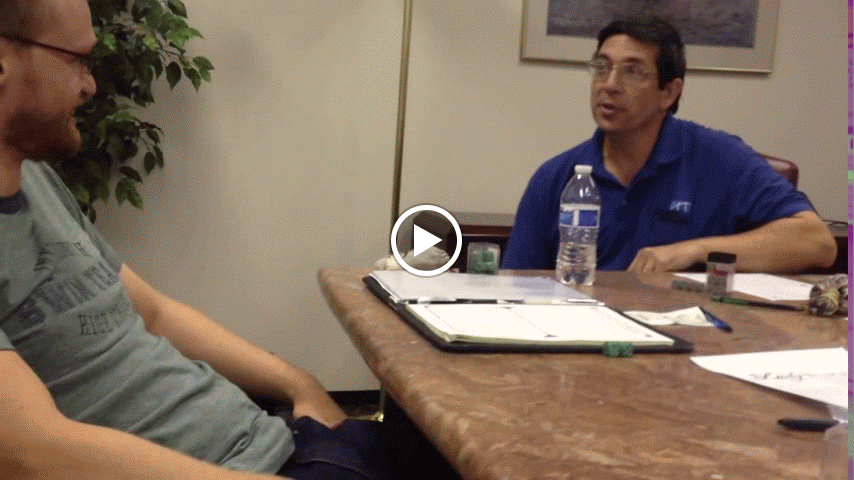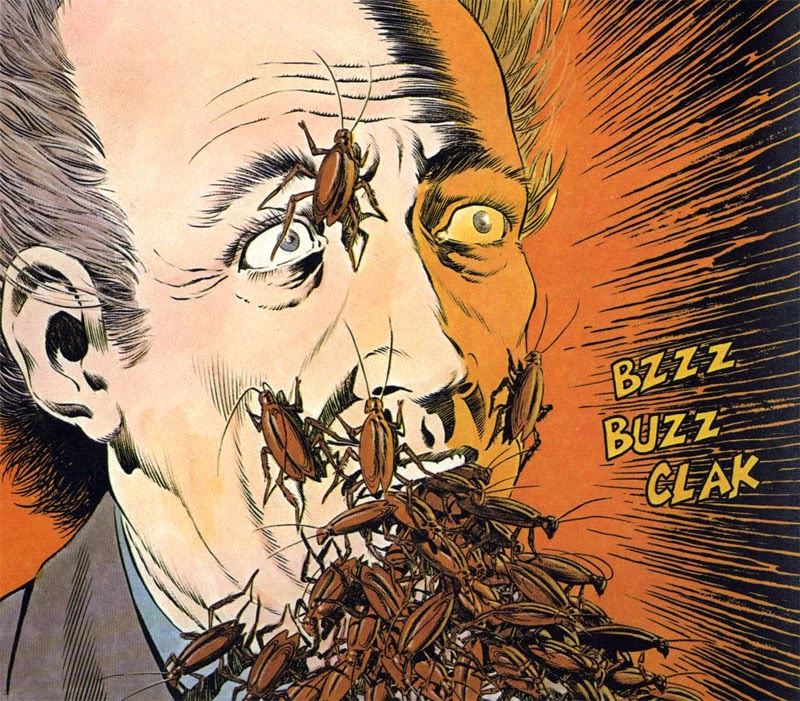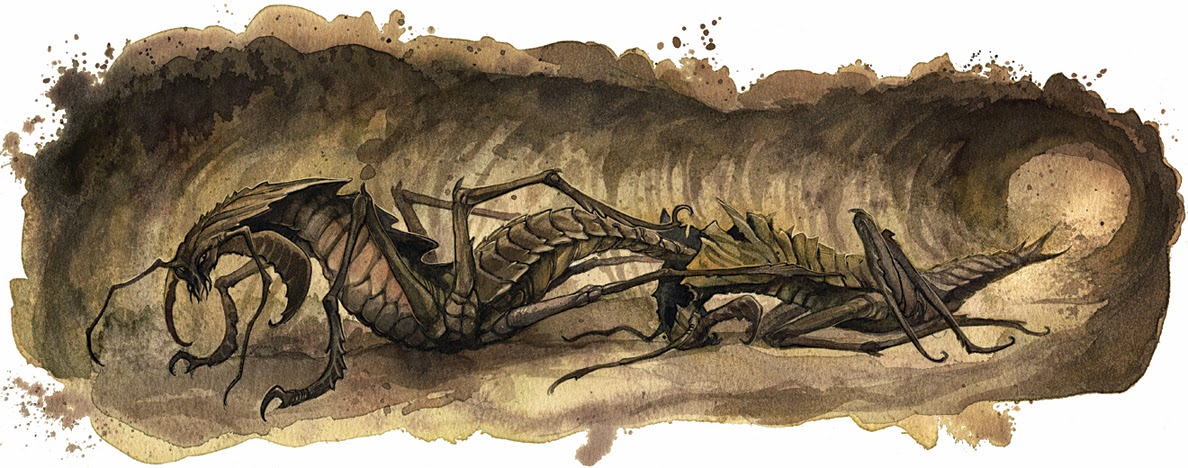
The Hall of Legends #004 – A Family in Disarray
Date: October 13th, 2013
Game: Ribbon Drive
Players: Daniel Lewis Rob Ferguson Shea Herlihy-Abba James Wilder and myself
One of the most frustrating things about our hobby is that most players equate roleplaying games with fantasy and science fiction–and nothing else. Perhaps this is because the earliest and most successful games were in those genres. Or perhaps it’s a natural outcome in a hobby about escapism. Whatever the reason, the vast majority of players don’t want to hear about your game if there isn’t some combination of magic, androids, or superheroes in it. Further, they only want stories about heroism and adventure; any theme going outside that scope is deemed pretentious. Some of them (I’m looking at you, OSR crowd) go one step further and say if your game doesn’t contain those traditional elements, it’s not a roleplaying game at all.
Storygamers know this is ridiculous; that, in fact, roleplaying games can be about anything, even (seemingly) mundane things, so long as the rules and gameplay support the story being told. Some examples: the brutality of colonialism (Dog Eat Dog); the power dynamics in abusive relationships (My Life With Master); teen slasher flicks (The Final Girl); crime capers (Fiasco); Prohibition-era gangsters (Bootleggers); drug addiction (Annalise); the inanities in academia (The Shab Al-Hiri Roach); and the horrors of the Civil War (Carolina Death Crawl). Story games often go one step further and introduce mechanics that are also non-traditional, but that serve and reinforce the narrative, such as: pulls from a Jenga tower to replicate tension and fear (Dread); poker-style raises and sees in a game about the pioneer west (Dogs in the Vineyard); and restrictions on talking at the table to represent the miscommunications inherent in a community under stress (The Quiet Year).
But even someone like me, a strident booster of story games, is sometimes faced with something that seems just a little too avant-garde for its own good. Ribbon Drive was one such game. In a nutshell, Ribbon Drive is about people on a road trip. The players prepare playlists (or mix tapes) beforehand, the songs from which are used to inspire character creation, and are played in the background during the game to set the tone for a given scene. The players explore the lives of these characters, their interpersonal conflicts and, ultimately, whether they reach some sort of catharsis or transformation.
Our story, which was kicked-off by Peggy Lee’s classic “Is That All There Is?”, was about a family trying to pick up the pieces after they lost everything in a fire, including their golden-child son. The characters were a weak, sad-sack father; a domineering, perfectionist mother; the two leftover sons, one of whom was a drug dealer, and the other an aimless young artist; and a foul-mouthed grandfather who butted heads with everyone.
It was a family in extreme disarray. The mother cruelly (and constantly) compared her disappointing, living children with her beloved, dead son. The grandfather spent his time doing battle with the mother, his daughter-in-law, who he viewed as a poisonous bitch (never mind that he, too, was a jerk who delighted in reminding the youngest boy he was adopted). The father was a gormless loser, constantly belittled by his wife and father, and incapable of protecting his sons from their excesses. As for the boys, the oldest was a lost cause; a broken creature who could never live up to the ideal of his deceased brother, and who turned to drugs and crime to find meaning in his life. The youngest was an innocent bystander; his own hopes and dreams constantly squelched by the other family members as they wrestled for control of what direction his life would take. The family’s dysfunction reached its zenith when they pulled into a Denny’s to have a “family meeting,” the result of which was one of the most emotional scenes I have ever played out in a roleplaying game. Deep-seated poisons rose to the surface; accusations were levied in all directions; and the sad, pathetic heart of the family was exposed for all of us to see as it was revealed that the deceased, golden-child son may not have been so perfect after all.
It was not all strife and conflict, though. There was a lot of humor throughout, and sometimes the playlists dictated a scene that was introspective or playful. The family was even brought-together briefly near the end, when they had to defend themselves from outside forces (a biker gang that harassed them on the highway). This moment of unity gave the impression that, while they may never truly understand each other, they were at least a family, and that had to count for something.
This session was, and will always be, one of my favorites, which is why it goes in the Hall of Legends. It was both comic and depressing; unsettling and, for a moment at least, uplifting. It was a combination of Little Miss Sunshine and American Beauty, and it was amazing. There were no wizards or robots or superheroes, but the characters still managed to be intensely fascinating. There were no monsters or cursed artifacts, but there was a difficult journey to be had nonetheless. And the lesson was crystal clear: if you’re only interested in sci-fi or fantasy, you are missing out on a lot this hobby has to offer.



